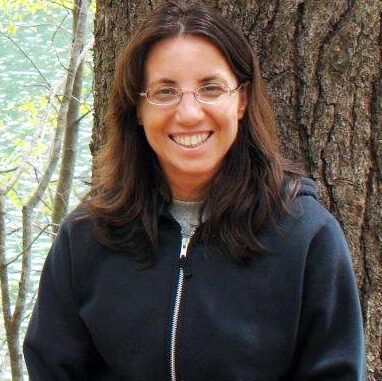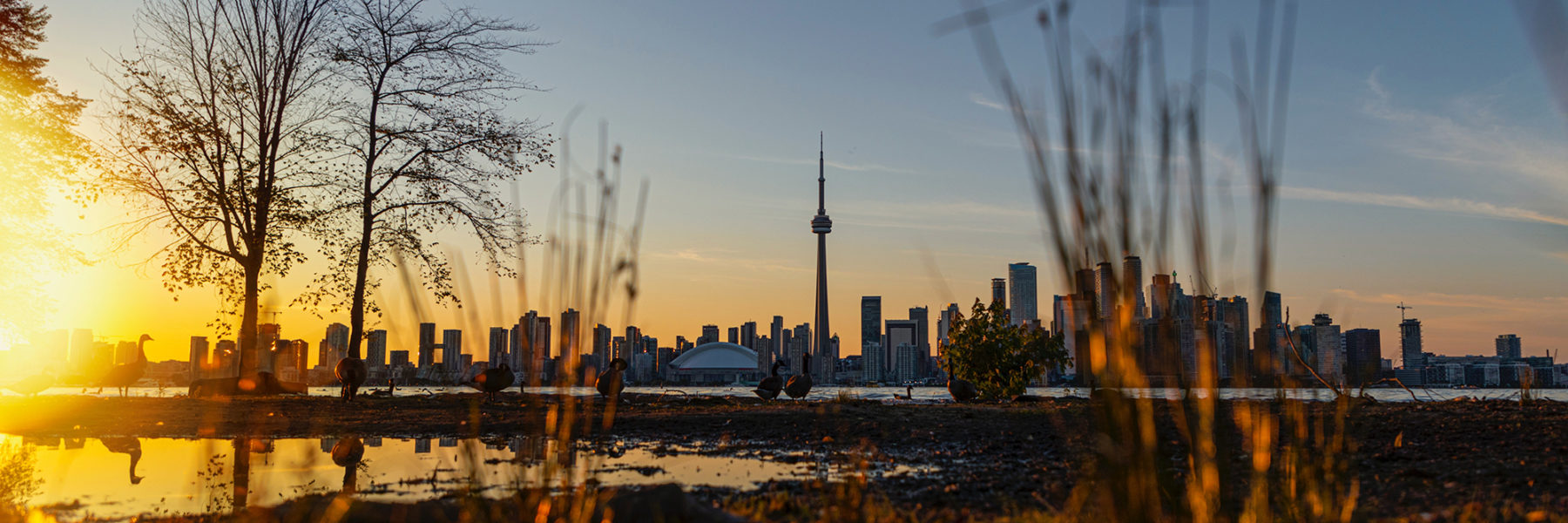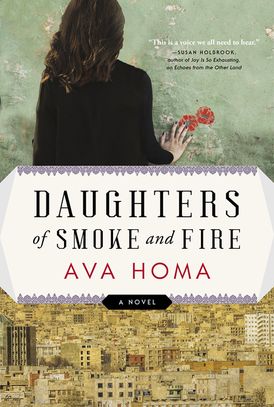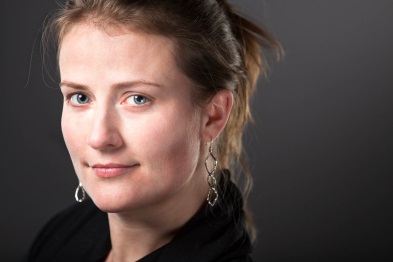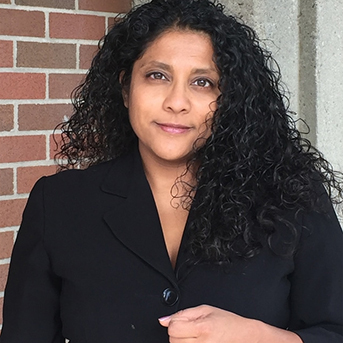The Faculty of Graduate Studies (FGS) at York University provides graduate students and postdocs with access to Aurora, an innovative eLearning platform by Beyond the Professoriate, to help navigate career options after graduation.
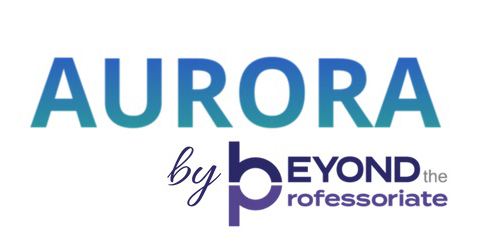
York’s future alumni can put their apprehensions about the job market to rest by taking advantage of this unique online resource that aids in outlining the skills graduates have acquired throughout their studies and provides strategies for applying and securing non-academic employment.
The platform was designed and built by PhDs – the Beyond the Professoriate team – who recognize the difficulties and worries of transitioning from full-time studies to the workforce. As a professional development tool, Aurora lets students and postdocs explore their postgraduate options and learn job search strategies to obtain a rewarding career in a variety of different areas. All of the platform’s contributors, who deliver workshops and participate in career panels and interviews, have successfully completed PhDs and are experts in the fields of: the arts; social sciences; business; education; and science, technology, engineering and mathematics (STEM).
Aurora offers resources such as interactive workbooks and webinars, designed to be conveniently accessible 24-7 for busy graduate students. Its curated videos feature interviews with more than 170 PhDs, discussing how they made the transition from academia to the workplace, plus advice from employers on how to sell your skills in the job market. This one-of-a-kind video library lets users explore what it is like working in a number of sectors: academia, government, higher education administration, industry and non-profits.
“Part of Aurora’s great appeal is its vast library of relevant and engaging content, providing resources to grad students and postdocs from a diversity of fields with tools and insights they can begin applying today,” says Wesley Moir, academic affairs officer. “Coupled with its accessible format, Aurora complements the Graduate & Postdoctoral Professional Skills (GPPS) program to ensure the graduate and postdoctoral community has access to meaningful opportunities to support their professional goals.”
The on-demand, self-paced learning modules allow graduate students and postdocs to build a strong foundation that will lead to successful employment. There are two programs of study to help students learn successful job search strategies: the Professional Careers Pathway program and the Academic Careers Pathway program. Users can access the modules in any order and earn a completion certificate after fulfilling seven core modules. Topics covered include networking, time management, negotiating job offers, publishing, and applying for grants and fellowships. The platform helps graduates identify the skill sets they have acquired throughout their studies that are valuable outside of academia and provides the terminology that can turn a basic CV into an outstanding résumé. All of these resources, which were developed based on rigorous research, help users make informed decisions about the job market that can lead to fulfilling careers.
Future alumni can start exploring the changing career landscape today by accessing the eLearning platform through the FGS website. For more information, contact the Office of the Dean, Faculty of Graduate Studies, at fgsnews@yorku.ca.




